The current conflict between Russia and Ukraine has shaken the world and threatened to fracture our collective sense of order and security. Even as we struggle to make sense of the senseless, and to show our support for the Ukraine and its people, we are also drawn to reflecting on the connections between Canada, Mississauga and people of Ukrainian ancestry who came to call this place home.
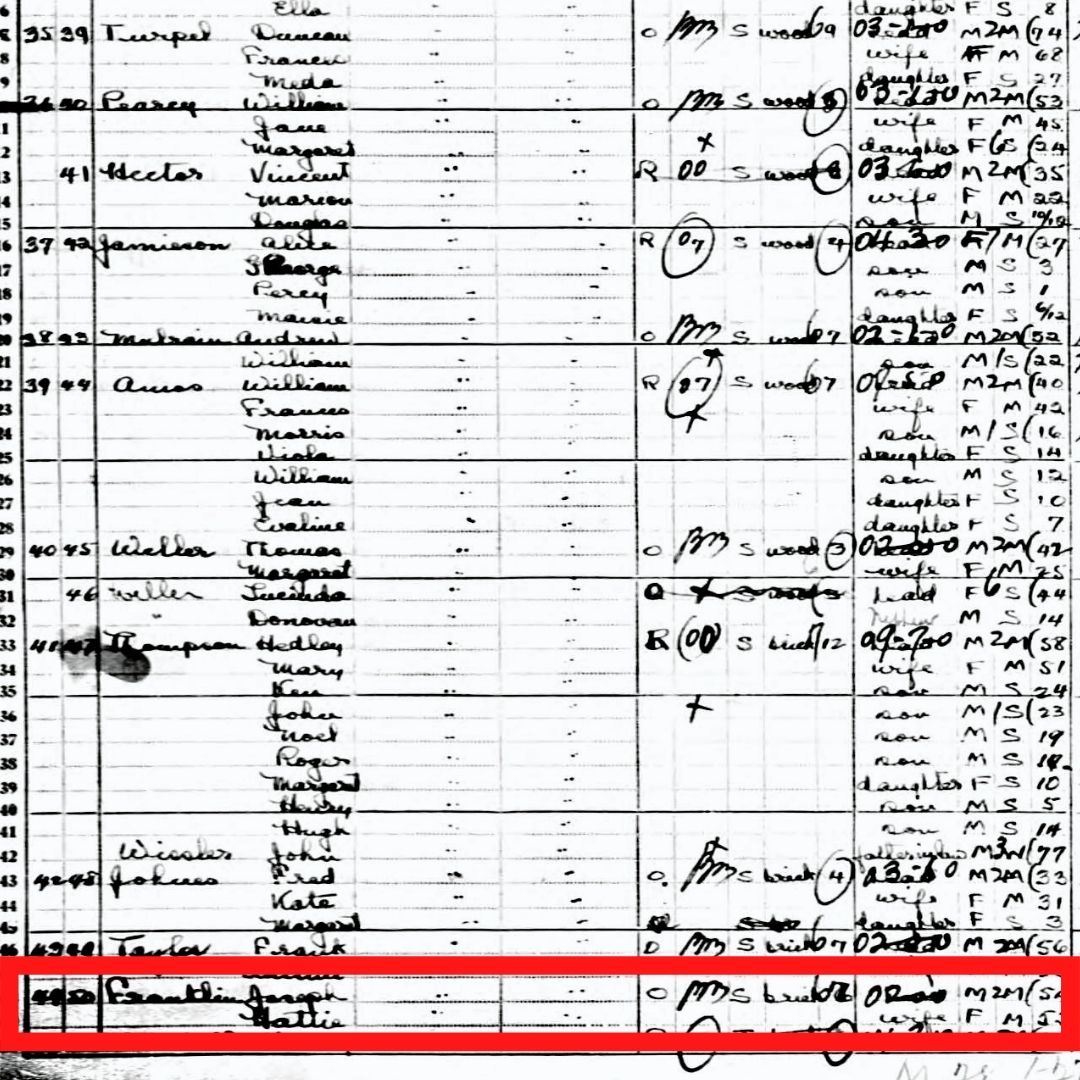
The first known Ukrainian settlers in Canada, Ivan Pylypiw and Wasyl Eleniak, were recorded in 1891 from the Galicia province of the Austro-Hungarian Empire, which at the time controlled much of Central-Eastern Europe.
Austrian policies deliberately kept the Galicia region, of what is now Ukraine, an under-developed industrial province, forcing many to seek employment elsewhere.
Eleniak and Pylypiw were astonished that 160 acres of fertile land in Alberta, ten times what the average Ukrainian had, could be purchased for a mere $10. The news caused a sensation back home and many began to dream of a new life in Canada.
Between 1891 and 1914, approximately 150,000 Ukrainian immigrants arrived in Canada, most settling in Western Canada, though others were also attracted to industrial areas in Ontario and other provinces. Immigrants seized the opportunity to work, prosper and raise families in peace and freedom in Canada, likewise enriching Canadian culture and life.
However, during the First World War, Ukrainians from the Galicia province were classified as “enemy aliens” because of their status within the enemy Austro-Hungarian Empire.
Ukrainians were interned in camps by the Canadian Government and Ukrainian Canadian language schools and press were restricted. Despite these measures, over 10,000 Ukrainian Canadians fought during the war. Many anglicized their names to fit in with Canadians and avoid discrimination.
The end of the war dissolved the Austro-Hungarian Empire and the Ukrainian People’s Republic was formed in 1917, a predecessor of modern Ukraine. Their freedom was brief as Ukraine was seized and amalgamated into the Soviet Union in 1921.
Though Ukrainians were restricted from celebrating in their own homeland, Ukrainian Canadians celebrated the 1918 signing of the short-lived Declaration of Independence on January 22, which became Ukrainian Independence Day.
Refugees fled the now Soviet controlled country, many making the long journey to Canada where they were welcomed by the pre-existing Ukrainian Canadian community.
Likewise, the first Ukrainian immigrant seen in census records in Toronto Township, historic Mississauga, was Hattie Franthin in 1921. Hattie Franthin was born in Ukraine in 1868 and immigrated to Canada in 1910. Hattie and her husband, Russian-born Joseph Franthin, lived in Erindale. Certainly, many more would come to call our city home.
The next decade brought yet another war, the Second World War, in which 40,000 Ukrainian Canadians fought, its end bringing yet more immigrants. Over 32,000 immigrants were recorded by 1952, most of whom settled in industrial areas in Quebec and Ontario.
Still relatively distinct religious and culturally from other Canadians, there was a need for a dedicated community space where Ukrainian Canadians could meet, interact with, and support one another.
Ukrainian churches were perhaps the most important social gathering places for the community. If you have ever visited St. Mary’s Ukrainian Catholic Church on Cawthra Road, you too will know this. Prior to its establishment, for a time, religious services were held in Mr. And Mrs. Lev Mizun’s home, Ukrainian community leaders in Mississauga.
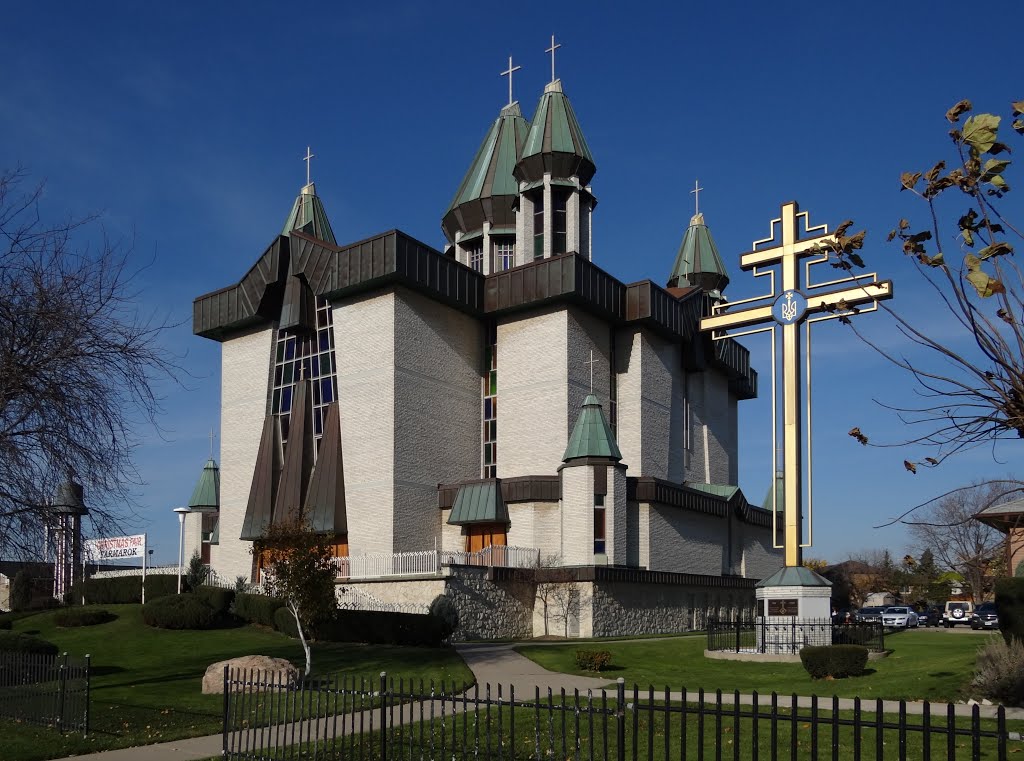
In 1953, the Mizuns donated a parcel of land just south of Burnhamthorpe Road on the east side of Cawthra Road for the Ukrainian Catholic community to build a church.
As the congregation grew, the church elders decided that a larger church should be built. The new church was completed in 1977 by Architect R. Dumyn and has become a landmark of the city with its white marble, large central dome, and copper turrets. In 2003, the church celebrated its 50th Anniversary and today its parish numbers over 1,300 families.
The church has also been a place for Ukrainian culture to flourish. St. Mary’s had a long tradition of hosting an annual Yarmarok, Ukrainian for fair or marketplace. A sensation for the senses, the bazaar was filled with all manner of food and hand-made goods.
In honour of the beloved tradition, Yarmarok Court, near City Centre, was named after the age-old tradition. Other cultural groups also found their beginnings at the church including the Barvinok Ukrainian Dance School. The school began over 50 years ago in the basement of St. Mary’s church and has since grown into the premiere Ukrainian dance school in the city.
Other groups, such as the Ukrainian Youth Association in Mississauga were originally founded in Ukraine to champion a free Ukraine and have since spread to Canada and across the globe. Following the fall of the Soviet Union in 1991, Ukraine gained their Independence once more.
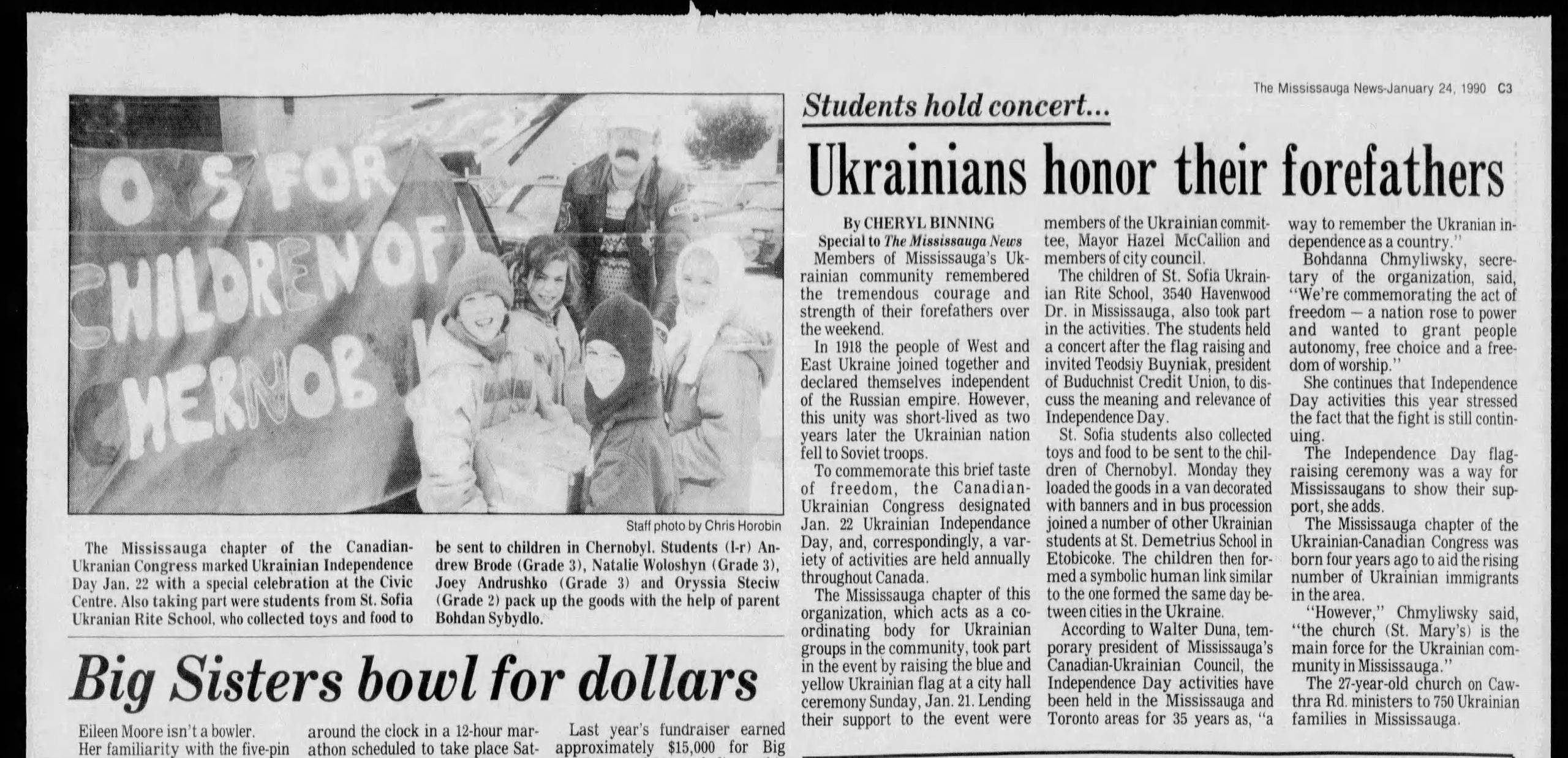
Today, over four million people in Canada can trace their heritage to Ukraine and Ukrainian Canadians in Mississauga have impacted every facet of our lives.
Many Canadians grew up watching the great Maple Leaf goaltender Johnny Bower, born John William Kiszkan to Ukrainian parents. Named as one of the “100 Greatest NHL Players” in history, Bower moved to Mississauga in his later years.
After Mississauga dedicated the Johnny Bower Park in his honour, he would routinely clean litter there, and feed the birds.
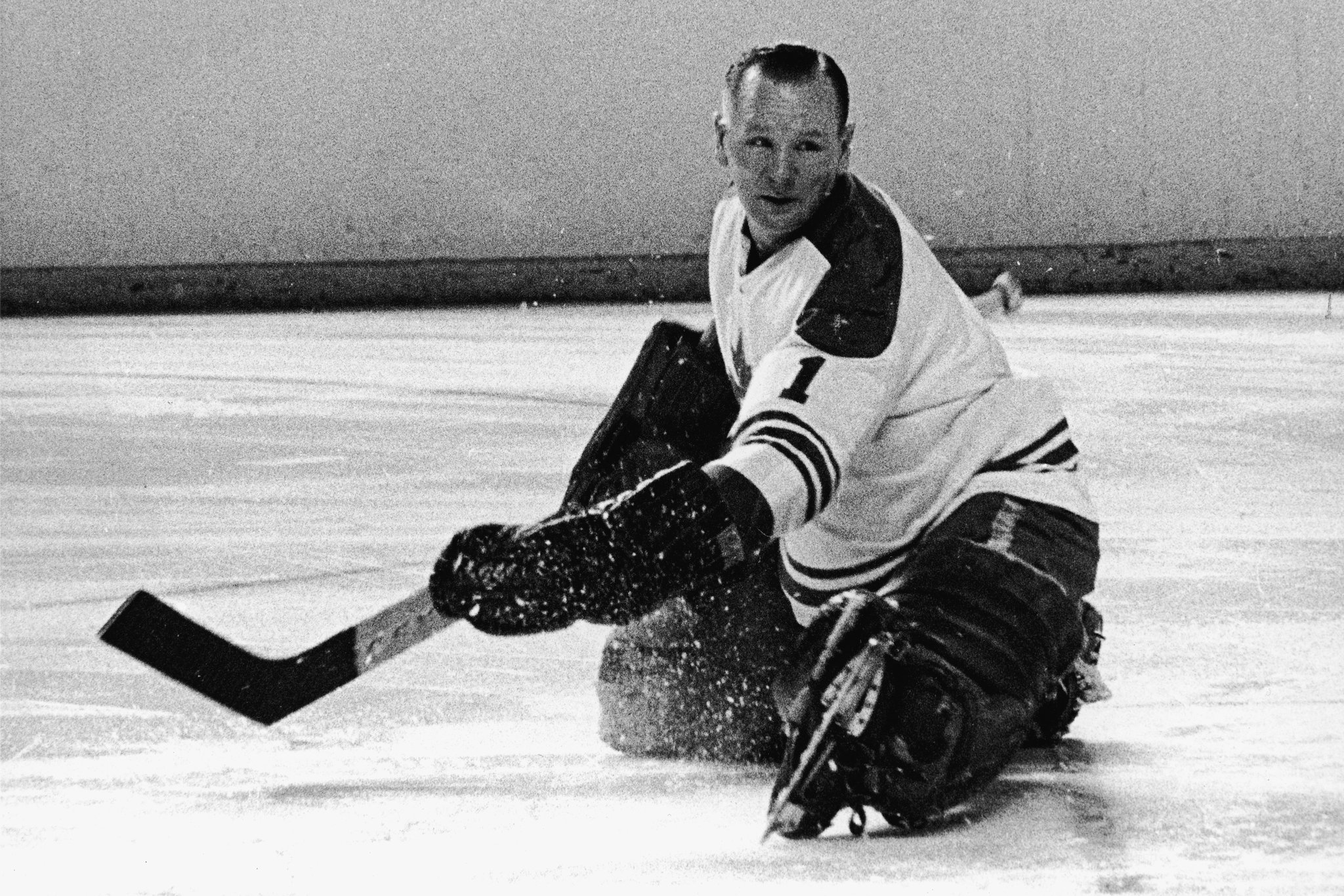
Others contributed to Mississauga’s economic life, such as Ukrainian-born businessman and long-time resident of Port Credit, Igor Antonoff, who founded a chain of discount appliance stores, known as Honest Boy Discounts.
Perhaps the most recognizable Mississauga resident of Ukrainian descent is Mississauga Mayor Bonnie Crombie. In 2017 whilst celebrating Ukrainian Independence Day, Crombie said, “On a personal level, I cherish my family’s own Ukrainian heritage and how it has shaped my commitment to public service. My maternal grandmother was born in Ukraine. […] I am confident that the bond between Mississauga and Ukrainian communities will grow even stronger.”
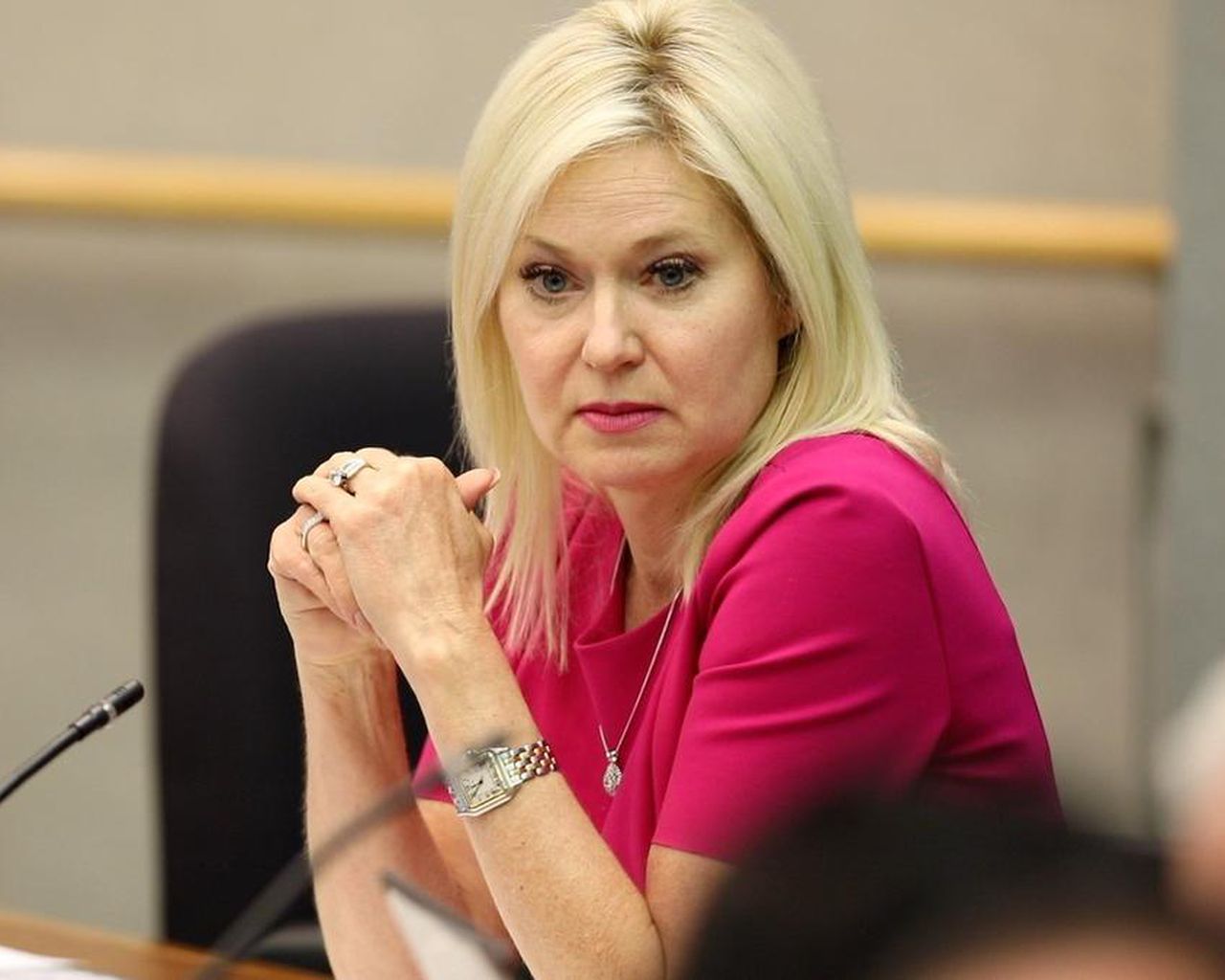
In the wake of recent events, Crombie spoke to Mississauga residents saying, “Mississauga stands in solidarity with the people of Ukraine”.




Comments are closed.